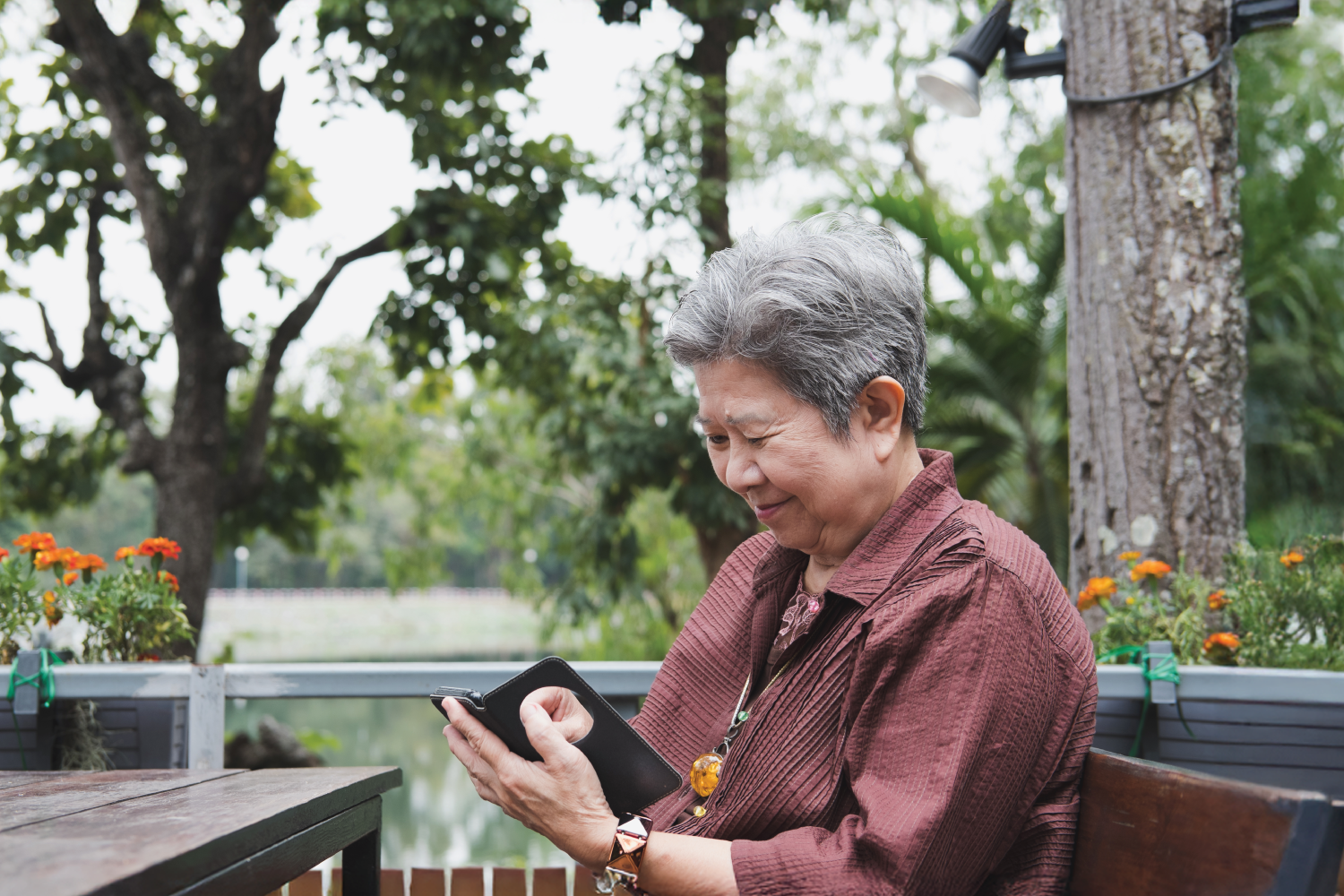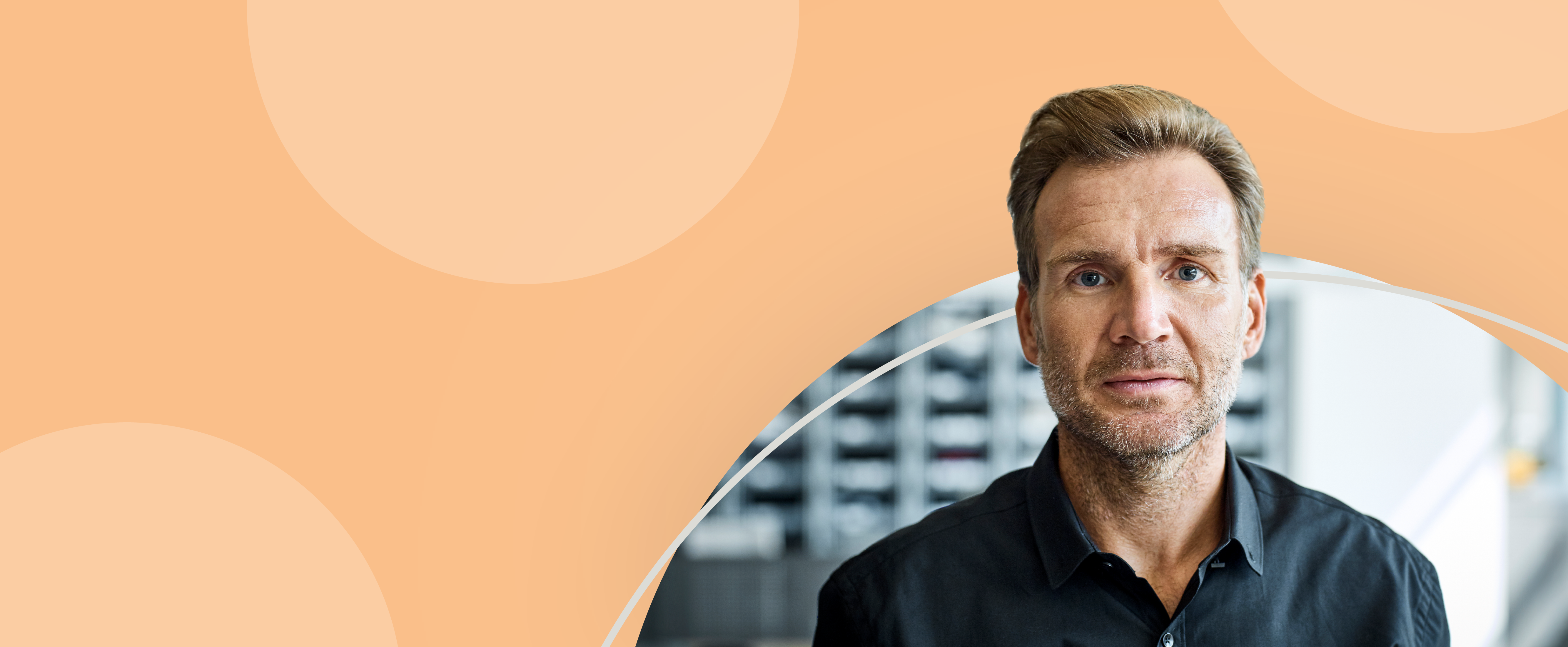- Home
- Conditions we treat
- Gastrointestinal cancer
- Gallbladder cancer
What is gallbladder cancer?
What is gallbladder cancer?
Gallbladder cancer occurs when cells in the gallbladder undergo abnormal changes and begin to grow uncontrollably, forming a mass or lump known as a tumour.1,2
There are several types of gallbladder cancer. Adenocarcinoma is the most common type, accounting for approximately 85% of gallbladder cancer diagnoses. It usually begins in the epithelial (mucus-producing) cells that line the inside of the gallbladder.2
Less common types of gallbladder cancer include:
- Squamous cell carcinoma
- Sarcoma
- Lymphoma
Gallbladder cancer can be difficult to diagnose in its early stages because it may not cause noticeable symptoms. Symptoms of gallbladder cancer may include:2
- Abdominal (stomach) pain, usually in the upper right side of the abdomen
- Nausea or vomiting
- A high temperature (fever)
- Jaundice, including yellowing of the skin and the whites of the eyes
- Dark yellow urine or pale-coloured stools
- Itchy skin, without a visible rash
- A lump or swelling in the abdomen
- Feeling weak or fatigued
- Unexplained weight loss
Having one or more of these symptoms does not necessarily mean you have gallbladder cancer. However, if you have ongoing symptoms or concerns, it is important to speak with your GP or specialist.
It is not always clear what causes gallbladder cancer. However, a number of factors may increase a person’s risk, including:2,3
- A family history of gallbladder cancer, particularly in a first-degree relative such as a parent or sibling
- Being overweight or obese, which increases the risk of gallstones and may, in turn, increase the risk of gallbladder cancer
- A history of gallstones or inflammation of the gallbladder
- Smoking
- Gallbladder or bile duct conditions, including gallbladder polyps, choledochal cysts (bile-filled cysts), or a calcified gallbladder (also known as porcelain gallbladder)
- Increasing age, as the risk of gallbladder cancer rises as people get older
Having one or more risk factors does not mean you will develop gallbladder cancer. If you have questions or concerns about your risk, speak with your GP or specialist.
Make an enquiry
Contact us today to find out how GenesisCare can help you.
Diagnosis
Diagnosing gallbladder cancer
After an appointment with your GP, you may be referred to a specialist for further tests and scans to help diagnose gallbladder cancer.2 These tests may include:2
- A physical examination
- Blood tests
- Imaging scans, which may include a computed tomography (CT) scan, magnetic resonance imaging (MRI) scan, ultrasound, or endoscopic ultrasound
- Cholangiography, an X-ray test used to examine the bile ducts
- Laparoscopy, a type of minimally invasive (keyhole) surgical procedure that allows doctors to examine the gallbladder and surrounding organs

Find a doctor
Search for gallbladder cancer specialists in your state.
Treatment options
Treatment options for gallbladder cancer
Your doctor will discuss the most appropriate treatment options with you. These will depend on several factors, including the type of gallbladder cancer, how advanced it is, your age, overall health, and personal preferences. Treatment options may include:
Surgery is the main treatment option for gallbladder cancer when the cancer is detected early and can be completely removed.2,4 The type and extent of surgery will depend on how far the cancer has spread and whether nearby tissues or organs are involved.5 Surgery is performed under a general anaesthetic, and recovery time will vary depending on the complexity of the procedure.6 Your doctor is the best person to explain whether surgery is an option for you and what to expect before and after treatment.
Radiation therapy (also known as radiotherapy) uses high-energy rays to damage or destroy cancer cells. In gallbladder cancer, it may be used after surgery (adjuvant therapy) to help reduce the risk of the cancer returning. Radiation may also be part of combined treatment with chemotherapy for locally advanced or unresectable disease, or used as palliative therapy to help control symptoms such as pain or obstruction when curative treatment is not possible.5,7
External beam radiation therapy (EBRT), in which radiation is delivered from a machine outside the body, is the most common method used. The timing, purpose, and technique of radiation therapy will depend on individual circumstances and should be discussed with your treatment team.2
.
Chemotherapy involves the use of medicines, given either orally or by injection, that aim to kill cancer cells or slow their growth and spread. In gallbladder cancer, chemotherapy may be used after surgery, in combination with other treatments, or when surgery is not possible. Your doctor will discuss whether chemotherapy is suitable for you and how it may be used as part of your overall treatment plan.2-4

Treatment side effects
All cancer treatments can cause side effects, and the type and severity will vary between individuals.3-5 You should ask your doctor for detailed information about the possible side effects of any treatment recommended for you.
Find a centre
Search for consulting and treatment locations near you.
Support services
Support services
- Mukkamalla, S., et al. (2023, July). Physiology, bile. In StatPearls. StatPearls Publishing. Retrieved February 2024, from https://www.ncbi.nlm.nih.gov/books/NBK442002/
- Cancer Council Australia. (2023, September). Gallbladder cancer. Retrieved February 2024, from https://www.cancer.org.au/cancer-information/types-of-cancer/rare-cancers/gallbladder-cancer
- Cancer Research UK. (2023, August 17). Risks and causes of gallbladder cancer. Retrieved February 2024, from https://www.cancerresearchuk.org/about-cancer/gallbladder-cancer/risks-causes
- American Cancer Society. (2025, May 16). Surgery for gallbladder cancer. Retrieved September 2025, from https://www.cancer.org/cancer/types/gallbladder-cancer/treating/surgery
- National Cancer Institute. (2025, June 26). Gallbladder cancer treatment (PDQ®)–patient version. Retrieved September 2025, from https://www.cancer.gov/types/gallbladder/patient/gallbladder-treatment-pdq
- National Health Service. (2023, July 27). Gallbladder cancer: Treatment. Retrieved September 2025, from https://www.nhs.uk/conditions/gallbladder-cancer/treatment
- Chakraborty, M. A., Kumar, R., Ecker, B. L., In, H., Langan, R. C., Eskander, M., & Jabbour, S. K. (2025). Role of radiation therapy for biliary tract cancers. Current Oncology, 32(10), 545. https://doi.org/10.3390/curroncol32100545
- sdfdsf
- Mukkamalla S, et al. National Library of Medicine. StatPearls Publishing LLC [Internet]. Physiology, Bile. Treasure island (FL). Last updated: July 2023 [Cited Feb 2024]. Access from: https://www.ncbi.nlm.nih.gov/books/NBK442002/
- Australian Government. Cancer Australia. [webpage]. Gall bladder. Last updated: Sept 2023 [cited Feb 2024]. Access from: https://www.canceraustralia.gov.au
- InformedHealth.org [Internet]. Cologne, Germany: Institute for Quality and Efficiency in Health Care (IQWiG). How does the gallbladder work? Last updated: Sept 2018 [Cited Feb 2024]. Access from: https://www.ncbi.nlm.nih.gov/books/NBK279386/
- Almajid AN & Sugumar K. S. National Library of Medicine. StatPearls Publishing LLC [Internet]. Physiology, Bile. Treasure island (FL). Last updated: Sept 2022 [Cited Feb 2024]. Access from: https://www.ncbi.nlm.nih.gov/books/NBK542254/
- Cancer Research UK. [webpage]. Risks and causes of gallbladder cancer. Last reviewed: 17 Aug 2023 [Cited Feb 2024]. Access from: https://www.cancerresearchuk.org/about-cancer/gallbladder-cancer/risks-causes
- National Cancer Institute, ‘Chemotherapy to treat cancer’. Access from: https://www.cancer.gov/about-cancer/treatment/types/chemotherapy (accessed September 2023).
- Cancer Council Australia [website]. Nutrition for People Living with Cancer. Last updated July 2022 [Cited Feb 2024]. Access from: https://www.cancer.org.au/assets/pdf/nutrition-and-cancer-booklet
- Cancer Council Australia [website]. Exercise for people living with cancer. Last updated March 2019 [Cited Feb 2024]. Access: https://www.cancer.org.au
- Cancer Council Australia [website]. Understanding Chemotherapy. Last updated August 2022 [Cited Feb 2024]. Access: https://www.cancer.org.au
- Cancer Council Australia [website]. Emotions and cancer. Updated Nov 2022 [Cited Feb 2024]. Access: https://www.cancer.org.au/assets/pdf/emotions-and-cancer-booklet

You are leaving our website
You are now leaving our website. GenesisCare do not control this content and therefore are not responsible for its accuracy or reliability.

You are leaving our website
You are now leaving our website. GenesisCare do not control this content and therefore are not responsible for its accuracy or reliability.
Disclaimer:
This website is provided for information purposes only. Nothing on this website is intended to be used as medical advice, or to diagnose, treat, cure or prevent any disease. It should not be used as a substitute for your own health professional's advice. Any medical procedure or treatment carries risks. Before proceeding with treatment, you should discuss the risks and benefits of the treatment with an appropriately qualified health practitioner. Individual treatment outcomes and experiences will vary.



